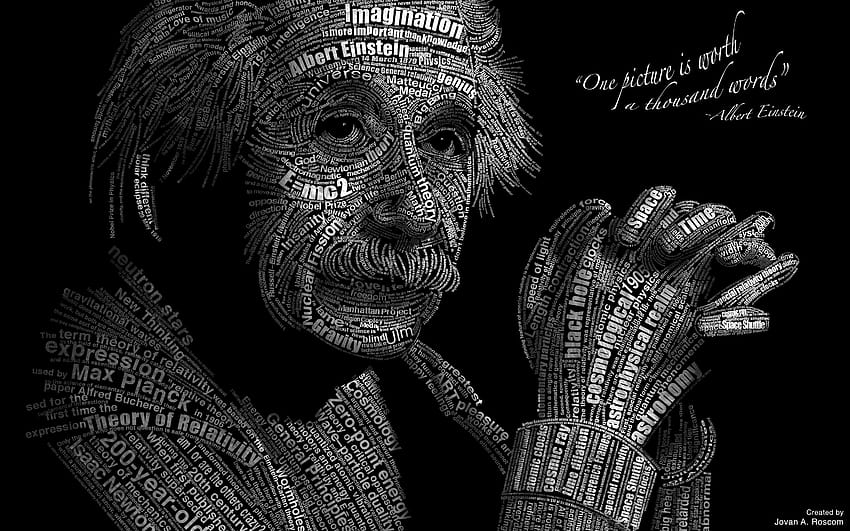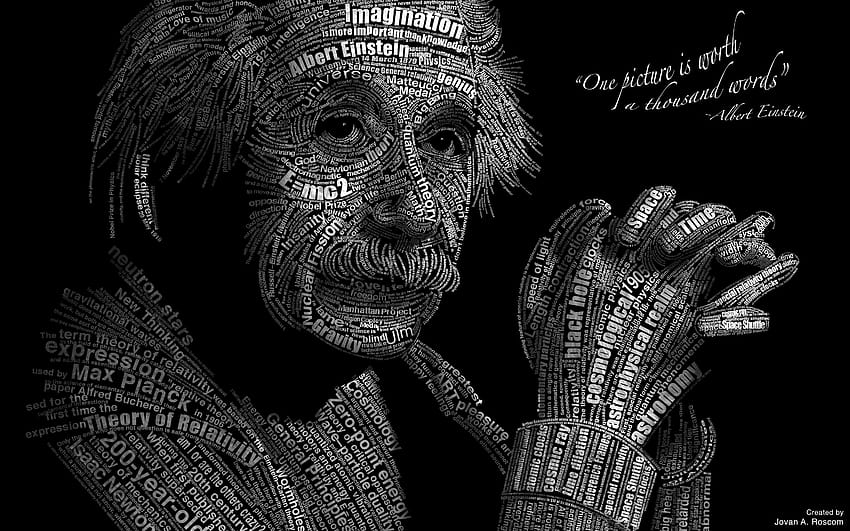The Indo-Pak War of 1971 was rooted in complex historical, cultural, and political factors that led to the division between
East and West Pakistan after the independence of India in 1947. Here's a detailed explanation of the outlined sections:
I. Historical Context
A. Post-Colonial Division
After India gained independence from British rule, the subcontinent was divided into India and Pakistan. Pakistan
comprised two geographically separated territories: West Pakistan (modern-day Pakistan) and East Pakistan (present-day
Bangladesh), separated by India.
B. Formation of East and West Pakistan
East and West Pakistan differed vastly in culture, language, and economic development. West Pakistan, with its dominance
in governance, held disproportionate power compared to the larger population of East Pakistan.
C. Early Political and Economic Disparities
East Pakistan suffered from economic neglect and political marginalization, aggravating regional tensions. The
disparity widened over time, creating resentment among East Pakistanis due to their underrepresentation in governance
and lack of economic development.
D. Rise of Ethnic and Linguistic Tensions
Despite being predominantly Muslim, the Bengali population of East Pakistan had a distinct cultural identity, primarily
centered around the Bengali language and heritage. The imposition of Urdu as the official language deepened the divide
and fueled the demand for autonomy.
II. Root Causes Leading to Conflict
A. Linguistic and Cultural Divide
The imposition of Urdu as the sole official language by West Pakistan's government was met with strong resistance in East
Pakistan, where Bengali was widely spoken and cherished as an integral part of their identity.
B. Economic Disparity
East Pakistan was economically disadvantaged, receiving minimal resources and development compared to West Pakistan.
The unequal distribution of wealth and resources fueled grievances and further alienated East Pakistanis.
C. Political Oppression
The Bengali population faced political suppression, lacking representation in government and military positions. The
the ruling elite of West Pakistan dominated key positions, leading to growing discontent and demands for autonomy.
D. Demand for Autonomy
Sheikh Mujibur Rahman's Six Points demanded greater autonomy for East Pakistan, including control over economic
resources, recognition of Bengali as an official language, and an equitable federal structure.
III. Escalation and Conflict Onset
A. Awami League's Demands
In 1966, the Awami League, led by Sheikh Mujibur Rahman, demanded autonomy for East Pakistan to address economic
disparities and political representation issues.
B. Political Crackdown
The West Pakistani government arrested Sheikh Mujibur Rahman and suppressed the Awami League, escalating tensions
and leading to widespread protests in East Pakistan.
C. 1970 General Elections
The Awami League won a landslide victory in East Pakistan during the 1970 general elections, demanding recognition of
the election results. However, West Pakistan refused to acknowledge the electoral outcome.
D. Refusal to Recognize Election Results
The refusal to accept the election results intensified the rift between East and West Pakistan, leading to increasing agitation
and calls for independence in East Pakistan.
IV. Declaration of Independence and Outbreak of War
A. Declaration of Independence
In March 1971, Sheikh Mujibur Rahman declared the independence of Bangladesh, triggering Pakistan's Operation
Searchlight, characterized by atrocities and genocide in East Pakistan.
B. Bangladesh Liberation War
The Bangladesh Liberation Army, known as Mukti Bahini, was formed to fight for the independence of Bangladesh, with
India is offering support to the Mukti Bahini against Pakistan.
The detailed explanation helps us understand the nuanced causes and sequence of events that culminated in the Indo-Pak
War of 1971 and the struggle for Bangladesh's independence



